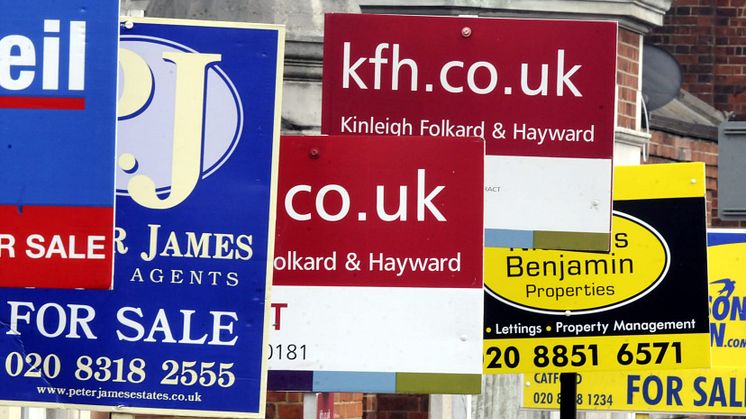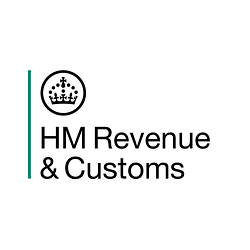
Press release -
Property owners urged to get ready for deadline changes to Capital Gains Tax payments
Property owners selling a residential property in the UK are today being reminded by HM Revenue and Customs (HMRC) about important deadline changes when paying Capital Gains Tax.
From 6 April 2020, if a UK resident sells a residential property in this country, they’ll now have 30 days to tell HMRC and pay any money owed. It means for some it can be done without having to register for Self Assessment.
There are also changes for non-UK residents selling both residential and non-residential property in this country. Non-UK residents will still be required to tell HMRC within 30 days whether there is tax to pay or not and will no longer to be able to defer payment via their Self Assessment return.
HMRC will launch a new online service to make it easier to report and pay any Capital Gains Tax (CGT).
Owners may need to make a Capital Gains Tax report and make a payment when, for example, they sell or otherwise dispose of:
- a property that they’ve not used as your main home
- a holiday home
- a property which they let out for people to live in
- a property that they’ve inherited and have not used as their main home
Sarah Kelsey, Deputy Director, HMRC, said: “We want to help customers know exactly what they need to do, as it’s really important that everyone involved with the sale of a residential property fully understands the changes.
“People don’t usually have to pay Capital Gains Tax if they sell the house they live in, but this is a significant change for customers who do have to pay the tax and who up to this point would include the gain in their Self Assessment return.
“There will be lots of help and guidance available to individuals and agents, or those representing trusts, and we are providing a new online service to make it easier for all our customers to both notify and pay online within 30 days”
If customers don’t tell HMRC about any Capital Gains Tax within 30 days of completion, they may be sent a penalty as well as having to pay interest on what they owe.
Further advice and guidance is available at GOV.UK.
Notes for editors
1. The measure was announced at Autumn Statement 2015 and Budget 2017 announced deferral of its introduction until April 2020. A technical consultation was conducted between 11 April 2018 and 6 June 2018
2. A capital gain can arise when a property is disposed of. A disposal will typically be where the property is sold by the owner, but it also applies where a property is inherited and then disposed of, or where a property is gifted
3. But a UK Resident individual won’t have to make a report and make a payment when:
- a legally binding contract for the sale was made before 6 April 2020
- they meet the criteria for full Private Residence Relief
- the gift was made to a spouse or civil partner
- the gains (including any other chargeable residential property gains in the same tax year)
is within their tax free allowance (called the Annual Exempt Amount)
- they sold the property for a loss
- the property is outside the UK
4. Follow HMRC’s Press Office on Twitter @HMRCpressoffice
5. HMRC’s Flickr channel www.flickr.com/hmrcgovuk
Topics
Categories
Issued by HM Revenue & Customs Press Office
HM Revenue & Customs (HMRC) is the UK’s tax authority.
HMRC is responsible for making sure that the money is available to fund the UK’s public services and for helping families and individuals with targeted financial support.

